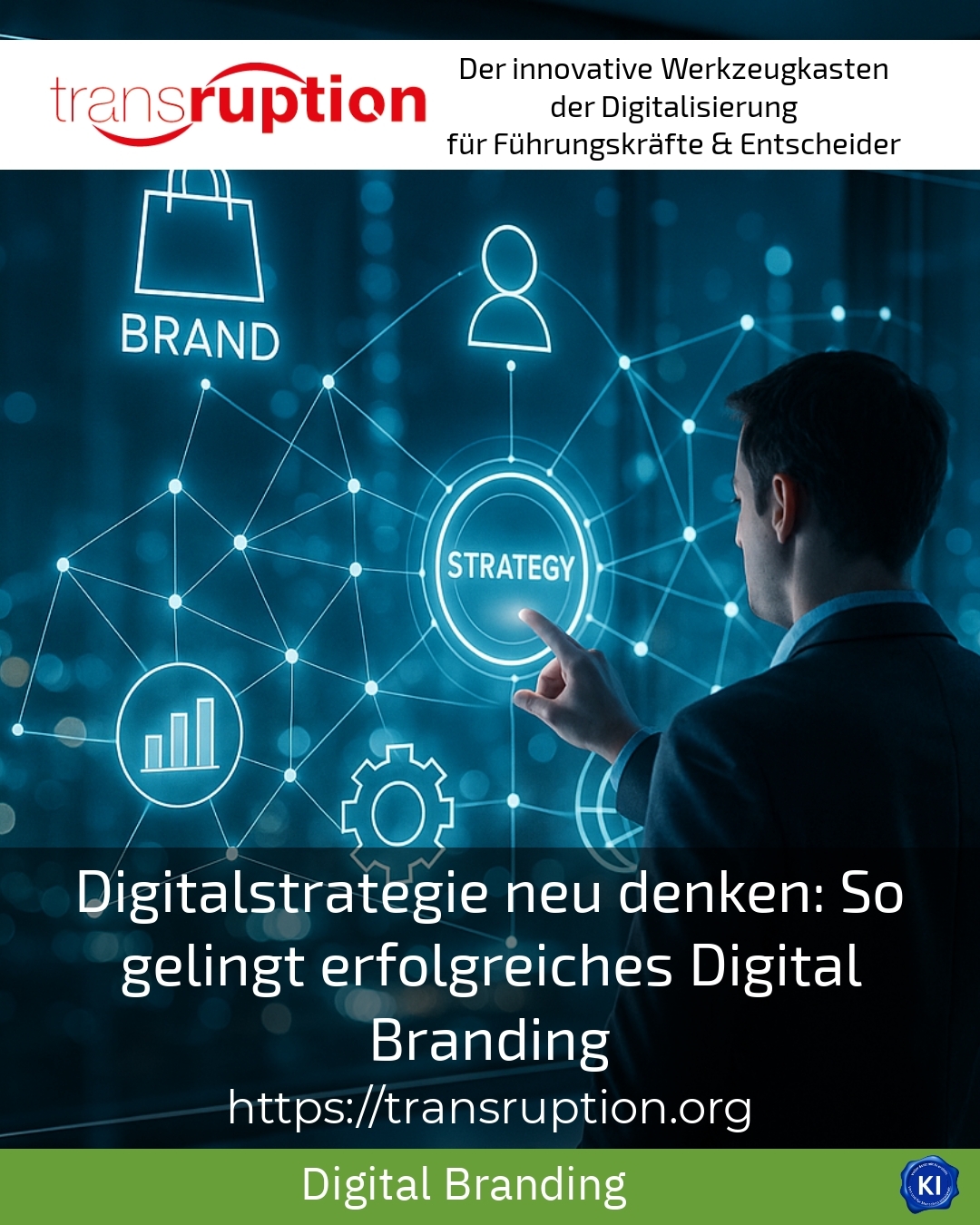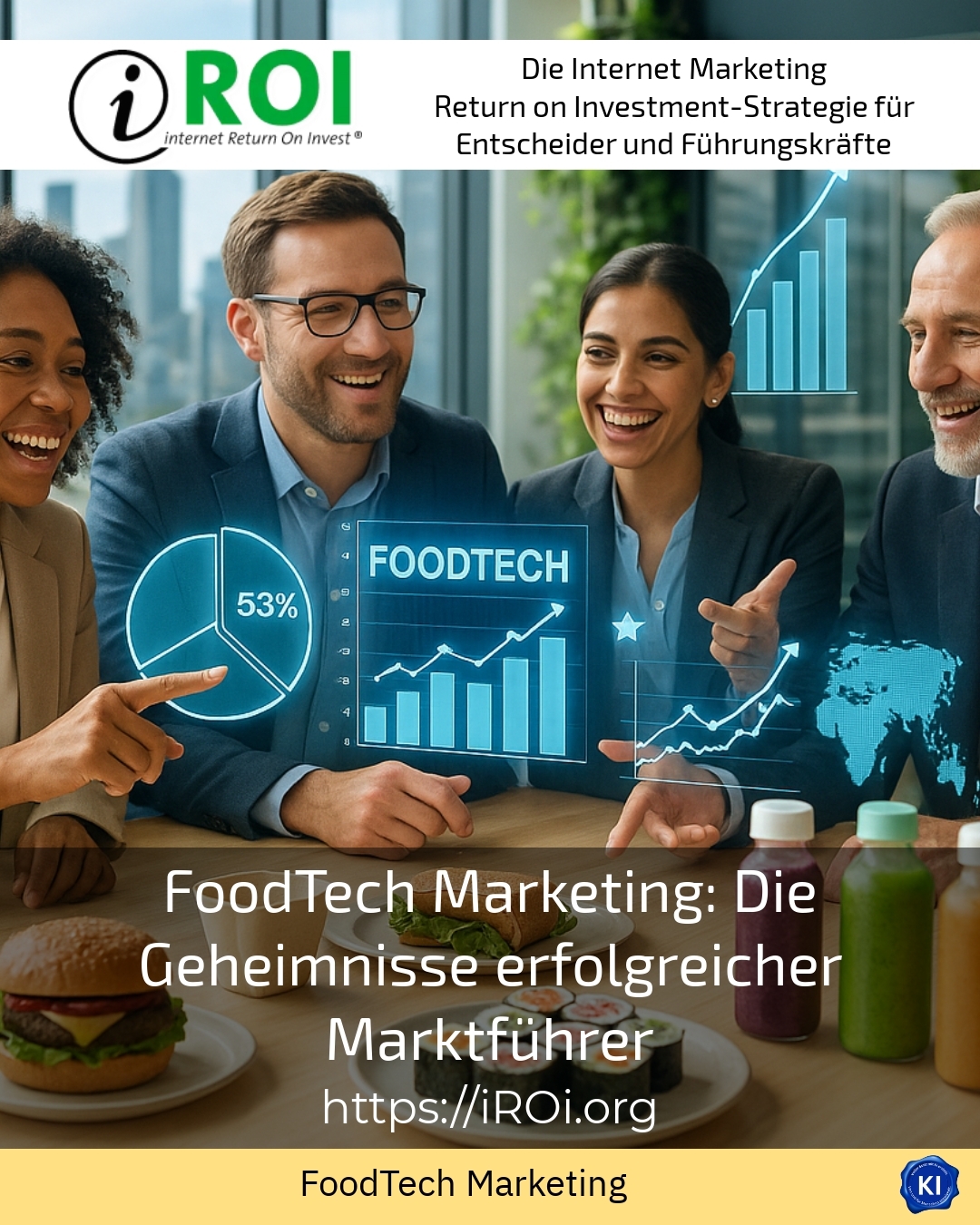In the dynamic environment of food innovation, FoodTech marketing is becoming increasingly important. Every day, companies operating in this sector are looking for effective ways to make their products and services visible and build a trusting relationship with their customers. FoodTech Marketing supports them in achieving sustainable business success through smart strategies and targeted communication.
Strategic approaches in FoodTech marketing - what makes market leaders stand out
Successful companies in the food tech sector combine various marketing methods to reach their target groups precisely. It is important to find the right balance between digital and traditional channels. For example, many market leaders rely on personalised email campaigns that are geared towards customer preferences and therefore achieve significantly higher open and click rates. In addition, content marketing and SEO complement online visibility by providing informative and relevant content that is tailored to the needs of the target group.
This combination of analysis, personalisation and targeted content strategy makes all the difference. In this way, FoodTech marketing can not only increase leads, but also promote long-term brand loyalty.
BEST PRACTICE with a customer (name withheld due to NDA agreement): This FoodTech start-up uses differentiated email segmentation. In addition to traditional product information, regional recipes are also offered. This led to a doubling of positive feedback from customers in just three months.
The potential of storytelling in the digital age
The food industry thrives on stories. Origin, production and special recipes are ideal for creating emotional loyalty. Successful food tech companies utilise this aspect for their marketing. They use podcasts, short videos or blog posts to tell stories that are authentic and approachable.
One innovative example is a company that provides insights into sustainable production processes with a weekly video clip. This not only increases transparency, but also the trust of its customers and partners.
BEST PRACTICE with a customer (name concealed due to NDA contract): A FoodTech provider combines webinars with live cooking demonstrations. The combination creates proximity and makes the offer tangible for the community.
Local engagement as a growth driver in FoodTech marketing
Many start-ups in the food tech industry start with regionally focussed marketing. This strengthens local awareness and builds a loyal community. Local events, targeted geo ads or collaborations with regional organisations create a proximity that is often perceived as more convincing than traditional mass advertising.
In this way, FoodTech Marketing enables a gentle but targeted market entry and secures valuable experience before nationwide or even international expansion steps follow.
BEST PRACTICE with a customer (name withheld due to NDA agreement): This startup placed its offering at local sporting events and festivals, increasing its customer base by more than 25 % within a few months.
The importance of digital channels and paid advertising
In the digital world, SEO and paid ads play a key role in the success of FoodTech marketing. Campaigns based on carefully selected keywords reach the target group where they are actively looking for solutions - for example, "healthy meals for professionals" or "sustainable food innovations". This significantly increases effectiveness and reduces customer acquisition costs at the same time.
The mix of paid advertising and organic measures ensures a sustainable reach. Social media also offers opportunities for appealing storytelling and direct interaction with the community.
BEST PRACTICE with one customer (name withheld due to NDA agreement): Targeted Google Ads campaigns and collaborations with influencers such as well-known TV presenters significantly increased brand awareness - the product secured a permanent place in retail within a year.
My analysis
FoodTech marketing is a complex and multi-layered area that goes far beyond pure product advertising. Successful market leaders rely on a sound understanding of the target group, use a personalised approach and tell authentic stories that arouse emotions. In particular, the combination of local engagement with digital visibility creates stable customer relationships. iROI coaching provides companies with targeted support in effectively accompanying their FoodTech marketing projects and providing impetus for sustainable growth.
Further links from the text above:
Marketing strategies for the food industry - Callin.io
The Ultimate Guide to FoodTech Marketing Success - Gripped
New initiative promotes Spanish food tech start-ups in Germany - Vegconomist
FoodTech in Germany - DigitalFoodLab
Food Tech Startup Marketing Strategies That Work - Oppizi
Between pressure, Red Bull and Kai Pflaume: How YFood made the leap... - Munich Startup
For more information and if you have any questions, please contact Contact us or read more blog posts on the topic internet Return on Investment - Marketing here.
















